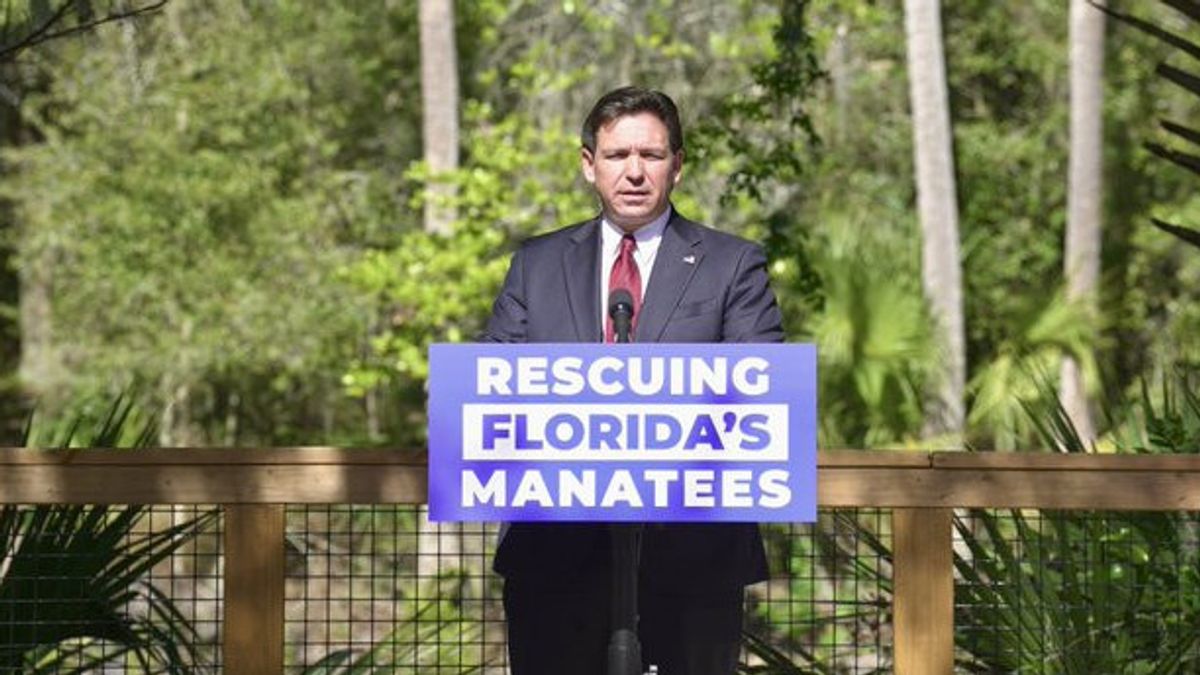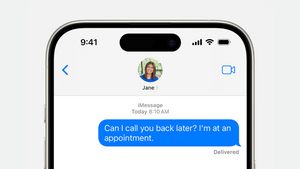JAKARTA - Florida Governor Ron DeSantis on Monday, March 25 signed a law banning children under the age of 14 from social media platforms and seeking parental consent for children aged 14 and 15 years. This is a move that supporters say will protect them from the online risk of mental health.
This law requires social media platforms to close accounts of people under 14 and people under 16 who do not have parental consent. They are required to use a third-party verification system to screen those who are underage.
Legislatives led by Republicans in the state in February passed a law that would ban children under the age of 16 from social media altogether. DeSantis, a Republican, rejected the law earlier this month, arguing that it limits the rights of parents.
The modified version allows parents to give approval for older children to engage in social media platforms. This will be legal on January 1, 2025.
"Social media harm children in various ways," DeSantis said in a statement. He said that this legislation "provides parents a greater ability to protect their children."
Supporters have said that the law will stop the social media's adverse effects on the welfare of children who use the platform excessively and may experience anxiety, depression, and other mental disorders as a result.
Critics have said that this law violates the protection of Freedom of Speech from the First Amendment of the US Constitution and that parents, not governments, should make decisions about the online existence of their children of all ages.
SEE ALSO:
Meta, parent company Instagram and Facebook, oppose the legislation, saying it will limit parental discretion and raise data privacy concerns due to personal information that users should provide for age verification. Meta says it supports federal legislation for online app stores to gain parental consent to download by children.
The law does not mention certain social media platforms, but states that the targets of the law are social media sites promoting "infinite scroll," displaying reaction metrics such as likes, automatic video features, and having live broadcasts as well as boost notifications. The law will provide exceptions for websites and applications whose main functions are email, message, or text messages between specific senders and recipients.
The law requires social media companies to permanently remove personal information collected from closed accounts and allow parents to file civil lawsuits against those who fail to do so.
In March 2023, Utah became the first US state to adopt laws governing children's access to social media, followed by other states including Arkansas, Louisiana, Ohio, and Texas, according to a legislative analysis prepared for the Florida law. The analysis says many other states are considering similar regulations.
The English, Chinese, Japanese, Arabic, and French versions are automatically generated by the AI. So there may still be inaccuracies in translating, please always see Indonesian as our main language. (system supported by DigitalSiber.id)


















